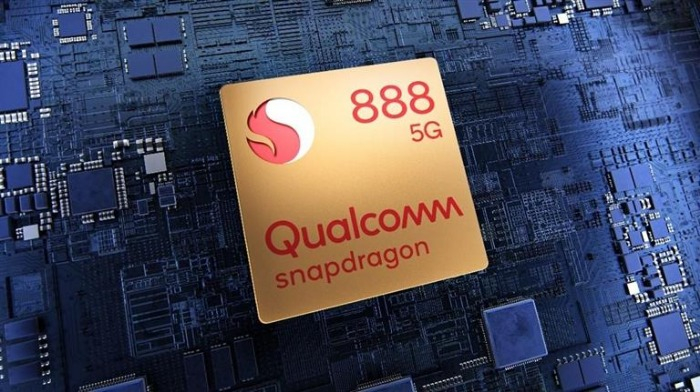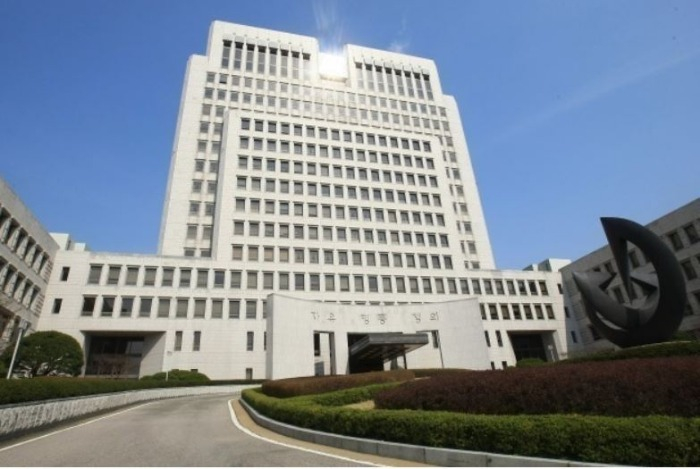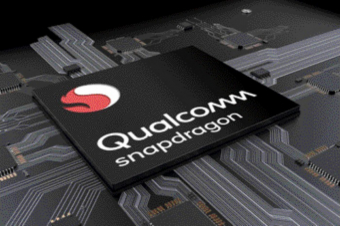Tech, Media & Telecom
S.Korean supreme court upholds $800 mn fine against Qualcomm
The FTC welcomed the ruling as a landmark decision, although four out of the 10 corrective orders against the IT giant were rejected
By Apr 13, 2023 (Gmt+09:00)
3
Min read
Most Read
LG Chem to sell water filter business to Glenwood PE for $692 million


KT&G eyes overseas M&A after rejecting activist fund's offer


Kyobo Life poised to buy Japan’s SBI Group-owned savings bank


StockX in merger talks with Naver’s online reseller Kream


Meritz backs half of ex-manager’s $210 mn hedge fund



South Korea’s Supreme Court on Thursday reaffirmed the country’s largest-ever penalty of 1.03 trillion won ($800 million) imposed on Qualcomm Inc. over its unfair business practices against chipset and handset makers.
The highest court's decision ended a six-year legal fight between South Korea’s Fair Trade Commission (FTC) and Qualcomm, rejecting the US wireless technology giant’s appeal against the penalty levied in 2016.
Qualcomm was charged with refusing some of the licensing requests by chipmakers such as Samsung Electronics Co. and Intel Corp. for seven years from 2009.
It was also found to require handset makers to license its technologies as a condition of selling its modem chipsets to earn loyalties, which industry watchers said was Qualcomm’s typical business practice.
By abusing its market dominant position, Qualcomm also refused to license its patents to rival manufacturers of modem chipsets.
The above-mentioned three allegations were affirmed by the Supreme Court.
“It tried to force handset makers relying on its modem chipsets to license other patents held by its affiliates in a package deal, which resulted in maintaining and strengthening its market dominance,” the ruling reads.

The antitrust body concluded that such actions constituted the abuse of market dominance and violated global agreements for fair, reasonable and nondiscriminatory (FRAND) business practices.
Under FRAND terms, Qualcomm is required to license its intellectual properties to companies requesting them without discrimination.
For Qualcomm to receive the owner status of standard essential patents (SEPs) worldwide, it had to agree to comply with FRAND principles.
“Granting a standard essential patent license is based on trust that the patent holder will not abuse its monopoly power," said Seo Hye Sook, a Barun Law attorney, representing the FTC.
In 2019, the Seoul Appellate Court affirmed six of the 10 corrective orders issued by the FTC to remedy Qualcomm's licensing practices, to which the Supreme Court also gave its nod.
Among the four corrective orders rejected by both the appellate court and the Supreme Court is the allegation that Qualcomm obliged handset companies to accept its unilateral terms and conditions in return for licensing its technologies.

In response to the Supreme Court ruling, the wireless technology giant said: “Qualcomm appreciates the court's resolution of the matter and we look forward to continuing to grow the company’s long-standing commercial relationships with Korea and our partners here.”
This case has been closely watched by global IT companies because it could serve as a precedent for similar cases related to IT patents held by Korean handset makers and global tech titans such as Apple Inc. and China’s Huawei Technologies Co.
“This ruling has meaning in that it puts the brakes on the abuse of monopoly power as was done by Qualcomm,” the FTC said in a statement released after the Supreme Court decision.
FTC officials cited it as the most triumphant case it has handled over the past 10 years.
“With this court decision, we are taking a step toward transforming a closed-ended ecosystem where Qualcomm was the exclusive winner into an open-ended one, where entrepreneurs can reap the fruits of their innovative efforts,” the FTC added.
Write to Gyeong-Jin Min, Jin-Seong Kim and Sul-Gi Lee at min@hankyung.com
Yeonhee Kim edited this article
More to Read
-
 Future mobilityLG Electronics, Qualcomm forge ahead in autonomous driving
Future mobilityLG Electronics, Qualcomm forge ahead in autonomous drivingFeb 10, 2023 (Gmt+09:00)
1 Min read -
 Korean chipmakersSamsung, Qualcomm unveil industry’s fastest LPDDR5X DRAM chip
Korean chipmakersSamsung, Qualcomm unveil industry’s fastest LPDDR5X DRAM chipOct 18, 2022 (Gmt+09:00)
1 Min read -
 Future mobilityLG, Qualcomm to cooperate in 5G platforms for connected cars
Future mobilityLG, Qualcomm to cooperate in 5G platforms for connected carsJan 27, 2021 (Gmt+09:00)
2 Min read
Comment 0
LOG IN


